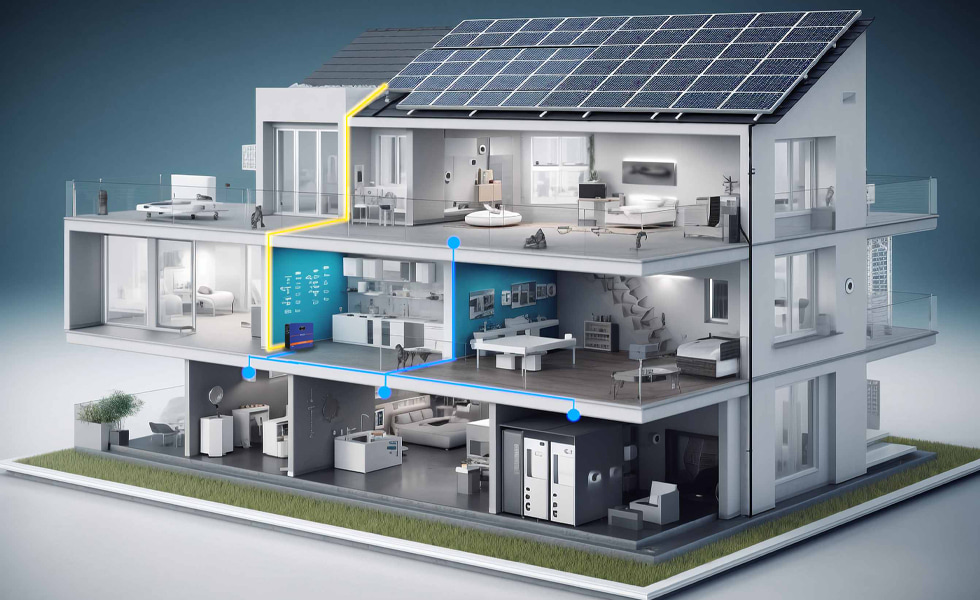
When we discuss today's energy revolution, "battery" is undoubtedly one of the core keywords. From speeding electric cars to the large-scale energy storage power stations silently supporting the power grid, battery technology is changing our lives at an unprecedented pace. However, did you know that the batteries that power electric cars and those used to store wind and solar energy, while both called "batteries," differ dramatically in their design concepts and performance requirements?
Simply put, if batteries are compared to athletes, power batteries are sprinters capable of a 100-meter sprint, while energy storage batteries are marathon runners with endurance. Today, let's uncover the technical secrets behind them.
Core Mission: One requires "explosive power," while the other requires "endurance." The fundamental difference between the two stems from their distinct application scenarios and core missions.
Power Battery: The "Heart" of the Vehicle
• Mission: Providing propulsion energy for vehicles like electric cars and electric bicycles. Its primary task is to deliver sufficient power within limited space and weight to enable the vehicle to accelerate, climb hills, and maintain sufficient range.
• Analogy: Like a sprinter, they need to release enormous amounts of energy in a very short period of time, striving for explosive power and speed.
Energy Storage Batteries: The Power Grid's "Reservoir"
• Mission: Primarily used to smooth the output of renewable energy sources such as photovoltaics and wind power, to reduce peak loads and fill valleys in the grid, and to serve as a backup power source. They are typically installed in fixed locations and are large in scale.
• Analogy: More like a marathon runner, they don't seek instantaneous bursts of energy, but rather require the ability to operate and store energy stably over long periods of time. Durability and cost-effectiveness are key.
The primary differences between energy storage batteries and power batteries lie in energy density and cycle life.
Energy storage batteries, on the other hand, are designed for long-term, economical applications, so they don't require high energy density or charging speeds. Instead, they require a longer cycle life and cost control.
In terms of manufacturing, energy storage power stations are mostly megawatt-scale projects, requiring up to several GWh of battery cells per project, necessitating large-scale production to reduce costs. Power batteries, on the other hand, require adaptability to diverse vehicle models and a higher degree of customization. To put it bluntly, energy storage focuses more on system integration capabilities and full life cycle services, while power batteries are still mainly based on battery cell sales.
